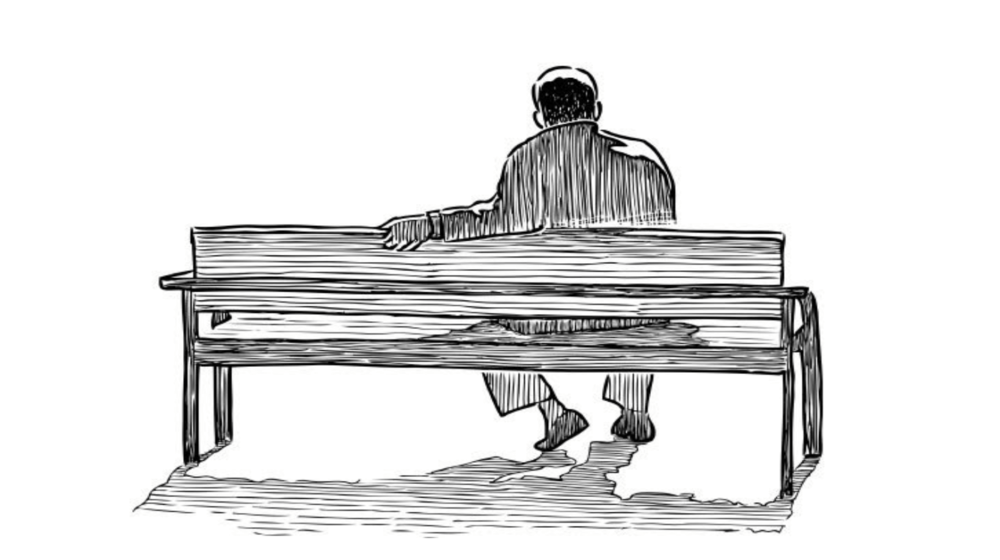“They told us that if we don't do what they want, they would rape us. I thought they would not do that, but they did,” said Amal.
Amal is 31, married and has lived with his family in Turkey since escaping the conflict at home in Syria in 2014. Amal is one of almost 13.5 million displaced Syrians who have fled their homes since the conflict began in 2011.”
He first experienced violence when he served in the military in Syria.
“When there was a shortage of materials,” Amal said, referring to a supply company. “We wanted them to be supplied but they did not do this. Afterwards, the commander was resorting to violence because of this. These were all acts of physical violence such as beating and bastinade [beating with a stick].”
The combination of ongoing physical violence, increasing fear of death and the fact that his military service kept getting extended proved too much to bear for Amal. He tried to escape his circumstances, but he was captured and sent to prison.
It was as a prisoner that Amal first suffered sexual violence. His story is the untold, unheard story of many men who become victims of sexual violence during conflict around the world.
“[For] about six months, maybe less, maybe more—because in prison we didn't have a concept of time—I experienced all kinds of violence. Abuse, beating, rape,” he said.
Although he finally managed to escape, the physical and sexual violence he was subjected to still affects him today. He felt ashamed, and could not bring himself to tell his wife what he had experienced.
“I attribute most of the sexual problems I have to the bad things I experienced in prison,” he said.
Over 200,000 civilians lost their lives in the conflict in Syria and many more were exposed to—or still live with—the threat of violence. Sexual violence is widespread in all societies but often escalates during conflict, with rape used to humiliate and dominate. Perpetrators often target women and girls, but men are not immune from sexual violence either. Survivors of sexual violence can face long-lasting physical and psychological consequences, and stigma prevents many from seeking assistance.
Amal, too, felt that he could not tell anyone about the things he experienced after he left prison.
“Only my mother knew about physical violence,” he said. “Because, when I first went home, my mother saw my scars and asked about them. I told her about the ill treatment in prison, but without giving too much detail. I cannot tell her about the sexual violence.”
“Even if a lifetime passes, I still won't be able to forget,” he said.
Amal’s life began to change when he arrived in Turkey and found out about the Men and Boys service units run by UNFPA. The psychosocial support Amal received at the service unit was particularly helpful in his recovery. Since February 2020, almost 2,000 victims of gender-based violence have been provided with case management, psychosocial support, legal counselling, guidance on external services and attended awareness-raising activities at these centres.
This support helped Amal put what he had been through behind him, giving him renewed hope for the future.
“I got a lot of support from [UNFPA in Turkey]. I started to have hope again after a long time.”
Amal regained his confidence and started to communicate with his family and those close to him again. He said that his awareness of the importance of sexual and reproductive health also increased.
“I had never seen a male condom before,” he said. “I have learned the importance of contraception. I used to try to deal with everything alone. Now, I am asking for opinions and information. I think I will gradually get better.”
The psychosocial support centres are run by UNFPA in cooperation with the Positive Living Association and with the financial support of EU Humanitarian Aid. They are located in the southern Turkish city of Adana and the city of Izmir on the west coast. The centres are designed as safe spaces and field workers reach out to refugees in homes, shops and cafes, handing out brochures and explaining how the centres can help them.
“There are many people like me,” said Amal. “There are many people who are exposed to violence. Many people want to tell and pour out what is inside.”
The services provided by UNFPA are essential for refugees like Amal to help them deal with the scars of violence and rebuild their lives.



